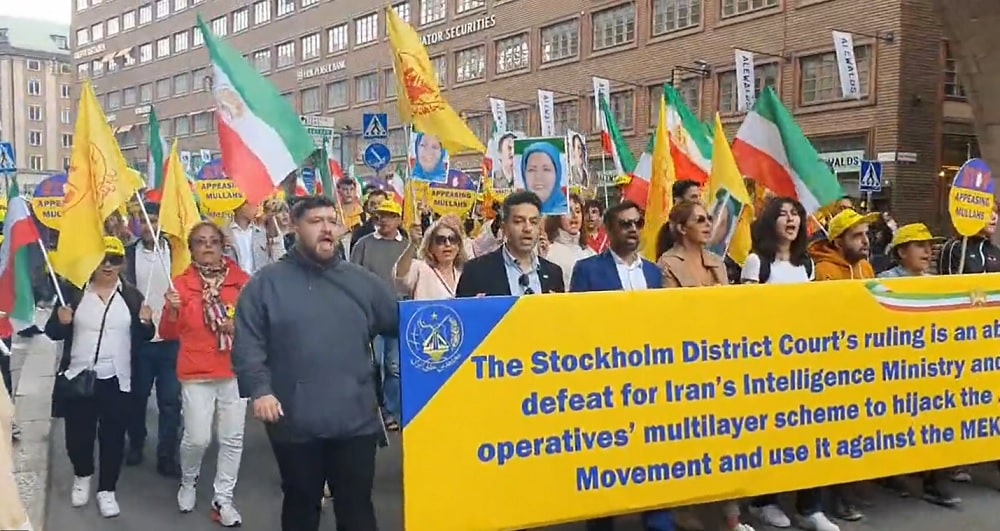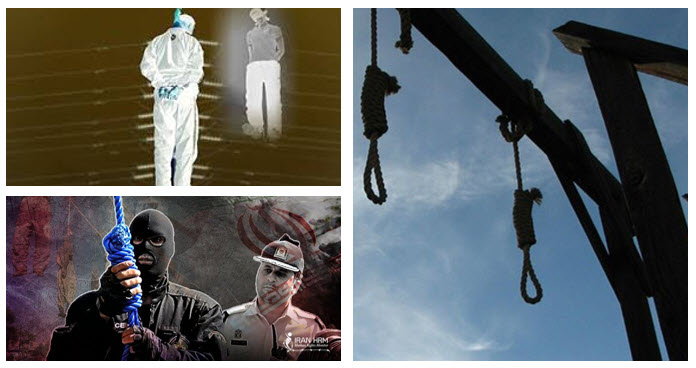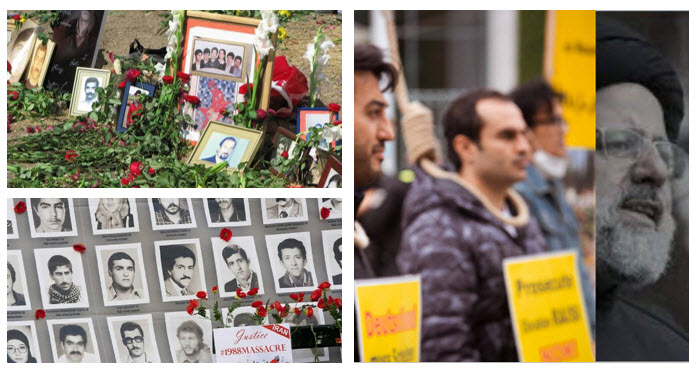
In the Gohardasht prison in Karaj, west of Tehran, Noury worked as a prison guard. Survivors of the 1988 massacre shared harrowing accounts of what they witnessed in the regime’s dungeons during his trial, particularly during those dark days in 1988.
For his part in the 1988 massacre of more than 30,000 political prisoners, most of whom were members of the People’s Mojahedin of Iran (PMOI/MEK), a Swedish court on Thursday, July 14 sentenced Hamid Noury to life in prison. In the Gohardasht prison in Karaj, west of Tehran, Noury worked as a prison guard. Survivors of the 1988 massacre shared harrowing accounts of what they witnessed in the regime’s dungeons during his trial, particularly during those dark days in 1988. Tens of thousands of Iranians, who have suffered for forty years as a result of Iran’s crisis of impunity, which has allowed regime officials to continue abusing human rights and receive rewards rather than facing punishment, were elated by Noury’s conviction.
However, Noury’s conviction was indeed disappointing news for the regime and its leaders. The regime’s spokesperson for foreign affairs, Nasser Kanani, denounced Noury’s conviction. “Mr. Noury has spent 30 months in solitary confinement and is deprived of proper medical attention. As a result, he couldn’t even read the court ruling,” the state-run Hamshahrionline reported.
Kanani steered clear of discussing the 1988 massacre and how a fatwa issued by the regime’s then-supreme leader allowed the so-called “Death Commissions” to sentence tens of thousands of people to death in a matter of minutes after years of imprisonment and torture while depriving them of legal representation.
The Iranian regime claims to respect human rights, but since Ebrahim Raisi was elected president, executions have dramatically increased. Tehran hanged 25 prisoners between July 6 and July 13. At least 193 prisoners have been put to death in Iran from the beginning of 2022 until June, according to independent sources such as Iran Human Rights Monitor.

Tehran hanged 25 prisoners between July 6 and July 13. At least 193 prisoners have been put to death in Iran from the beginning of 2022 until June, according to independent sources such as Iran Human Rights Monitor.
Following the increasing rate of hangings in Iran, other cruel practices such as arbitrary detentions, public lashings, handcuffing and amputations, and assaults on unsuspecting women on the street under the pretense of fostering virtue and thwarting vice are practiced.
Seven U.N. experts noted in a letter that was published in September 2020 that the failure of UN bodies to act in response to the 1988 massacre “had a devastating impact on the survivors and families” and “emboldened” the Iranian authorities to “conceal the fate of the victims and to maintain a strategy of deflection and denial.”
The fact that Noury was detained, tried, and found guilty in the context of “universal jurisdiction” may serve as a model for other Western nations seeking to hold Iranian government officials responsible for mass killings accountable.

The appeasement policy toward the regime, which has led to Iran’s crisis of impunity, is what gives regime officials the confidence to openly discuss human rights and threaten Western powers.
The court’s decision on Thursday, as Amnesty International noted on July 15, “sends an unequivocal, and long overdue message to the Iranian authorities that those responsible for crimes against humanity in Iran will not escape justice.”This important decision must serve as a wake-up call for the international community to address the crisis of impunity that exists in Iran, according to Amnesty International.
Along with that, Javaid Rehman, the Special Rapporteur on the state of human rights in Iran, urged other nations “to undertake similar investigations and prosecution of serious human rights violations in Iran using principles of universal jurisdiction.” UN High Commissioner for Human Rights Michelle Bachelet pleaded with other nations to “use universal jurisdiction to bridge the accountability gap for serious crimes and ensure truth and justice.”

The ball is now in the hands of Western powers. The time has come for Westerners to fully uphold the values of human rights they esteem and to hold Iran’s genocidal regime accountable.

